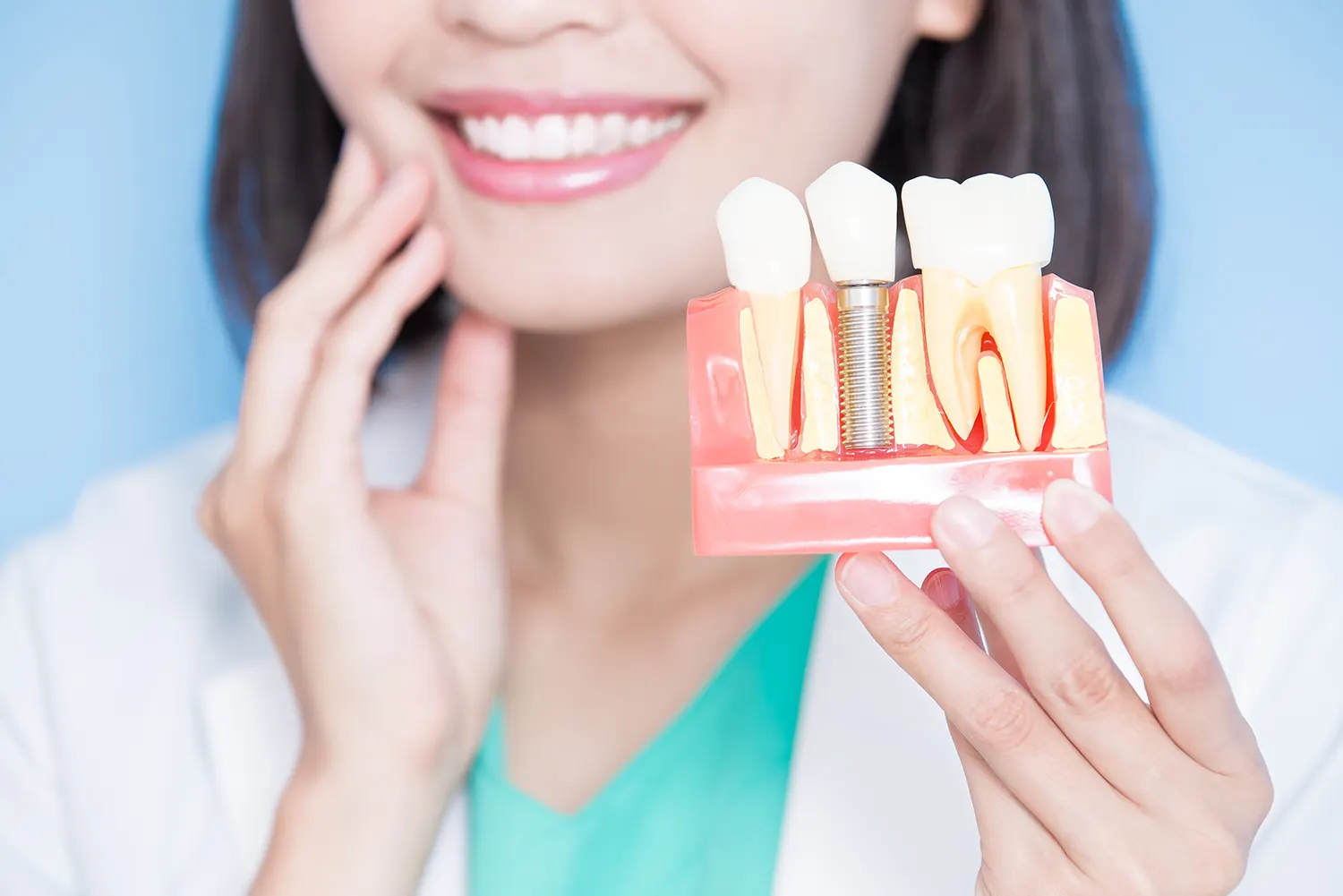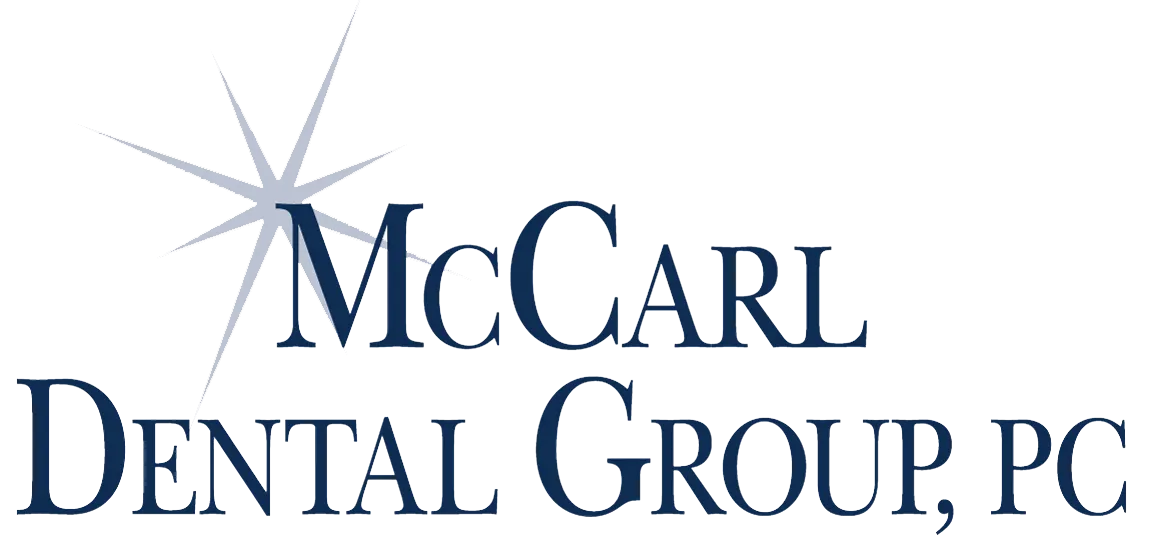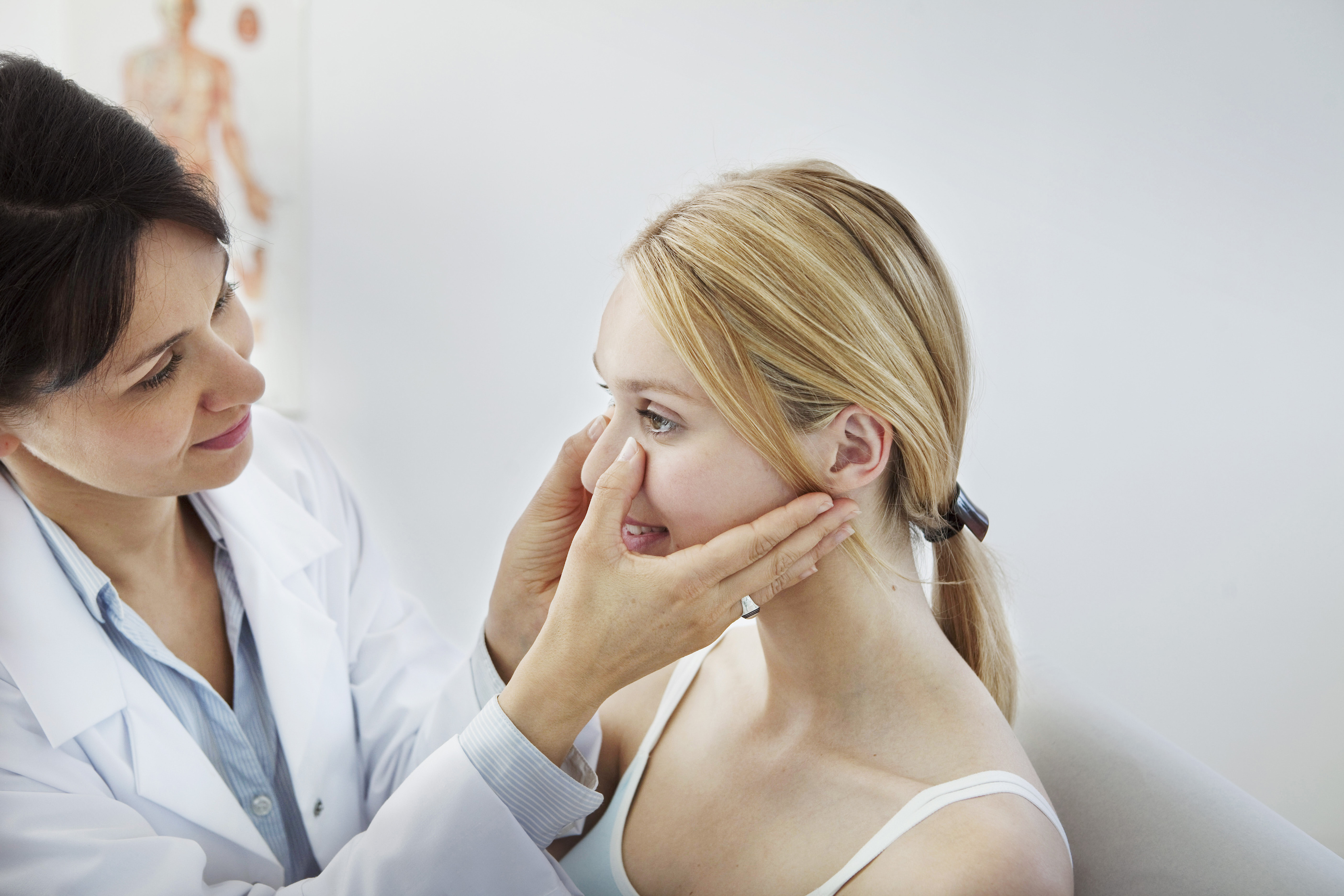
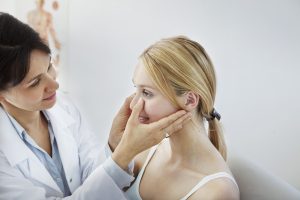
When you think about sleep apnea, you probably don’t immediately think about visiting the dentist, but for many patients, a dentist is the first person to notice concerns that indicate a need for sleep apnea testing. There are numerous ways that our bodies work to accommodate a restricted airway, which is the most common cause of sleep apnea. In this post, we’re going to review what we as dentists are seeing that lets us know you may need to consider moving forward with diagnosis and treatment for obstructive sleep apnea.
What Your Body & Smile Say When You Have Sleep Apnea
The body is an exceptionally well-crafted machine. When it’s working well, the human body is capable of amazing things. Actually, even when the body isn’t working well, it’s capable of some pretty amazing things. Irregularity in one place can impact every part of the complex ecosystem that is your body. For patients with obstructive sleep apnea, the body works hard to accommodate an obstructed airway by making changes to other aspects of your body, including your posture, your bite, and your cardiovascular function. By understanding the ways that the body compensates for airway obstruction, your dentist can help you seek early diagnosis and treatment for sleep apnea. Some of the adjustments people’s bodies make to accommodate airway obstruction and other bodily warning signs of sleep apnea include:
- Changes in head position – to keep the airway clear, the body may shift the face forward to tighten throat muscles. Overtime, this leads to a posture where the head is always in front of the shoulders.
- Mouth breathing – if there is an obstruction in the sinus cavity, the body may compensate through mouth breathing. While breathing in and out through the mouth may seem harmless, it can actually lead to a number of oral and overall health concerns.
- Deviated septum – the septum is the part of the nose that separates the two nostrils, and when these openings are unevenly divided, underlying breathing concerns are common.
- Tongue scalloping – when the tongue is too large, it presses against the teeth. This leads to an impression of the teeth around the edges of the tongue, called scalloping. An overly large tongue can make breathing, speaking, chewing, and swallowing difficult.
- Cleft lip, tongue, or palate – often treated in childhood, these developmental irregularities can force the tongue to rest in the top of the mouth blocking the airway and making eating and speaking difficult.
- Bruxism – that’s the professional term for nighttime teeth grinding and clenching. Those who struggle with chronic bruxism are often dealing with an underlying bite alignment issue. At night, the jaw constantly searches for a comfortable resting place. While the teeth are grinding and clenching together, the tongue may be held on top of the mouth or at the back of the throat, and other muscles and soft tissue may shift. All of this leads to increased risk for airway blockage and obstructive sleep apnea.
- Jaw issues – mouth breathing and bruxism are both major contributors to temporomandibular joint (TMJ) dysfunction, so it’s no surprise that jaw joint issues are on this list. Additionally, the way the jaw develops can impact the function of the airway. By recognizing the need for jaw correction early, children can receive orthodontic or surgical interventions that can correct jaw shape and function, preventing a lifetime of health concerns including airway restriction.
Other Common Symptoms of Obstructive Sleep Apnea
You are not necessarily going to notice those bodily adjustments. They quickly become just part of who you are. However, there are some symptoms of sleep apnea that are much more noticeable to the untrained eye, including:
- Severe exhaustion even after adequate sleep
- Loud snoring
- Chronic morning headache
- Waking with dry mouth or hoarse voice
- Difficulty concentrating or remembering details
The Importance of Early Diagnosis & Treatment
If you notice any of these common warning signs of sleep apnea, talk to your dentist or family physician about your risk for sleep apnea. While we do our best to check for the common (and not so common) bodily effects of sleep apnea, subtle cases can go undetected for years. If you notice changes in the way you feel after waking up, a bed partner comments on loud snoring, or a doctor says you may be at risk for sleep apnea, take it seriously and seek diagnosis and treatment as soon as possible. In the past, bulky, uncomfortable CPAP systems were the only option for treatment. Today, there are numerous solutions for sleep apnea sufferers, from customized oral appliances made by your dentist to smaller, custom-fitted CPAP masks to improve comfort. Remember, many of the effects of sleep apnea, like sleep deprivation and elevated and blood pressure, are cumulative. The longer they go untreated – the more difficult they are to treat.
Meet the McCarl Dental Group
At McCarl Dental Group, we offer sleep apnea screening and oral appliance therapy to improve the quality and quantity of sleep for sleep apnea sufferers. Our oral appliances can also be used to treat loud, chronic snoring that isn’t attributed to sleep apnea. Additionally, we can work with you to repair dental decay and damage that may have occurred as a consequence of untreated sleep apnea. To get started, call our Greenbelt or Millersville, Maryland dental office location and ask to schedule a sleep apnea consultation.
Latest Blog Posts
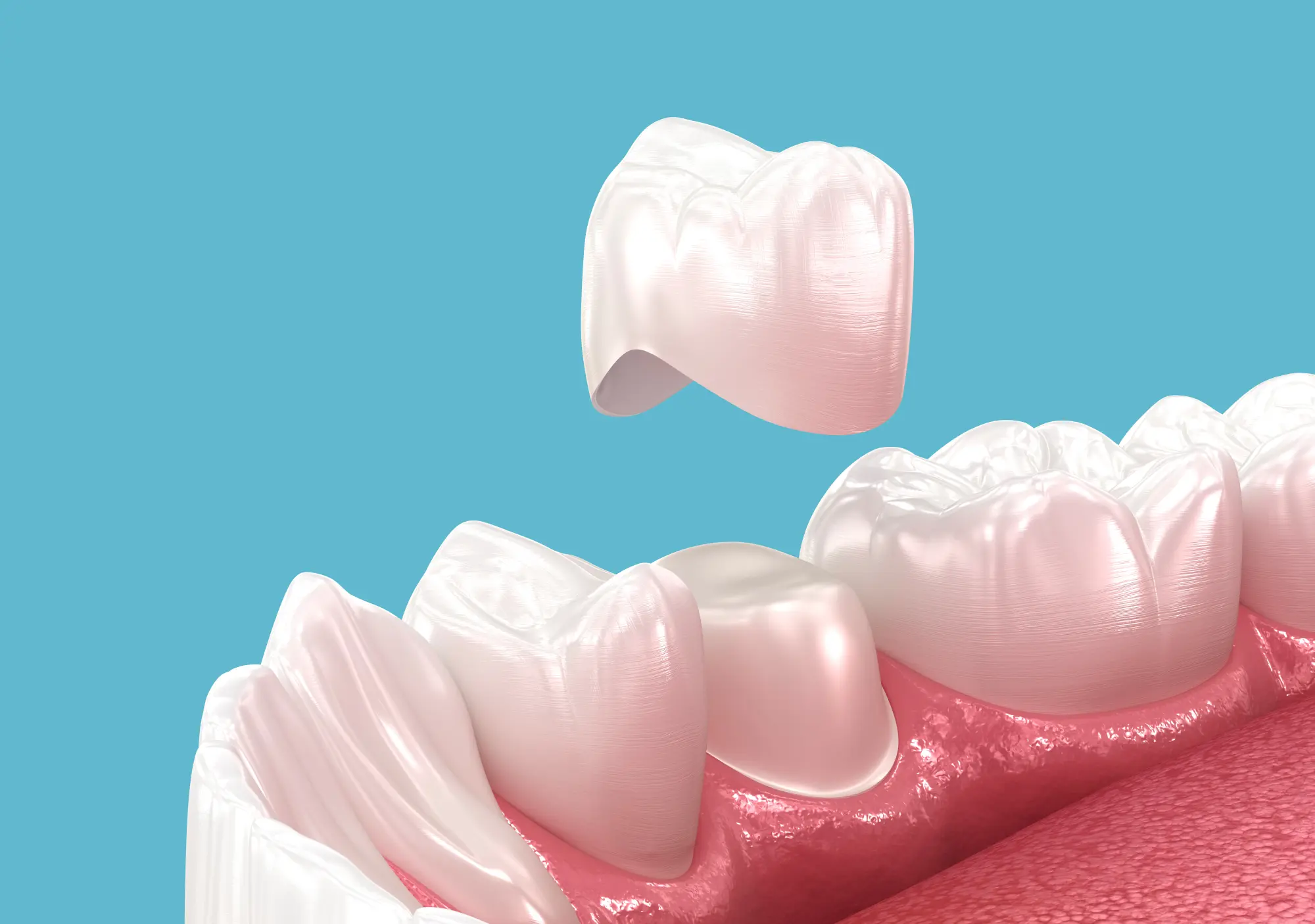
Are Same Day Crowns As Good As Traditional Crowns? A Closer Look at Your Options
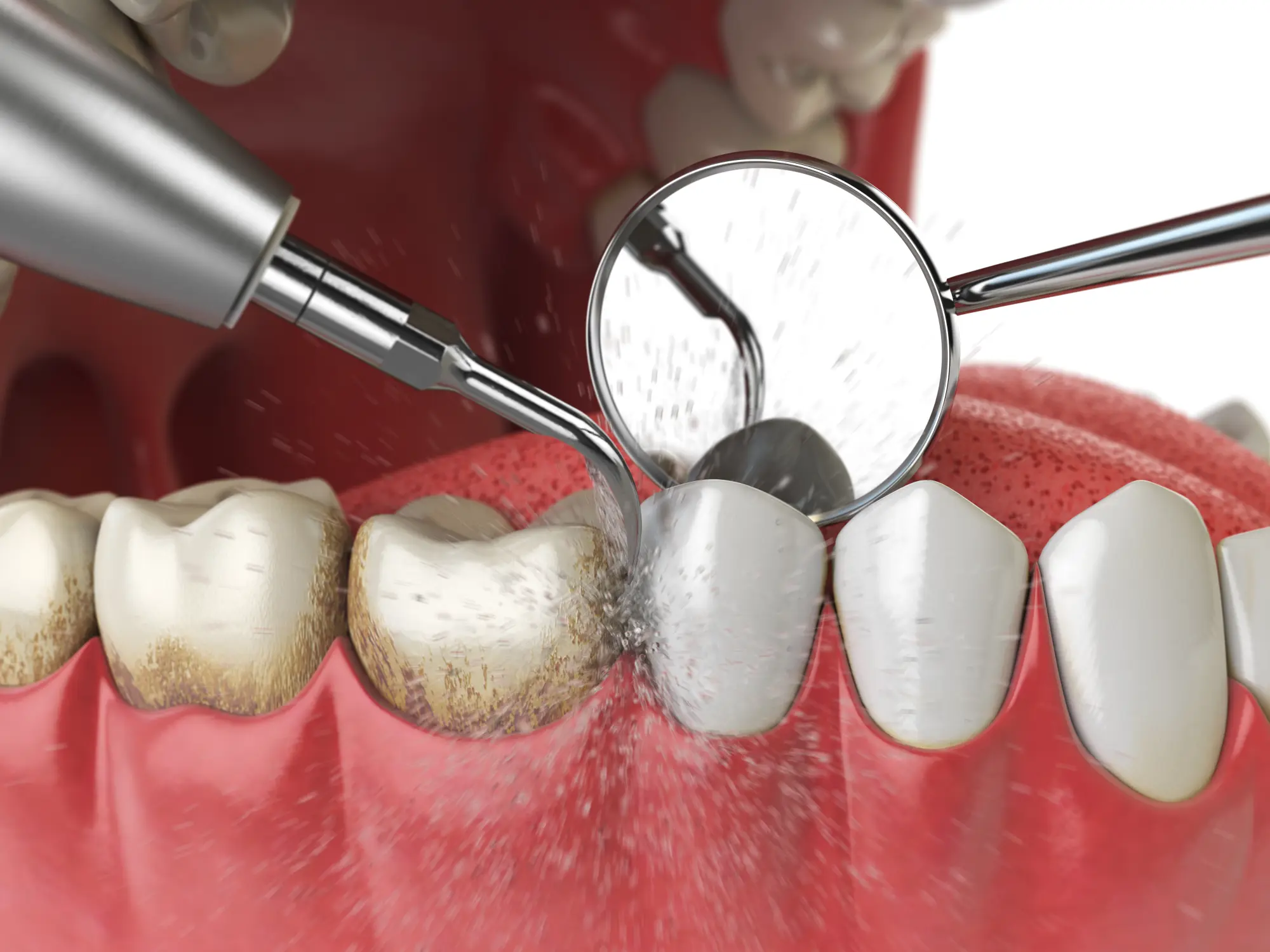
How Often Should You Actually Get a Dental Cleaning?
